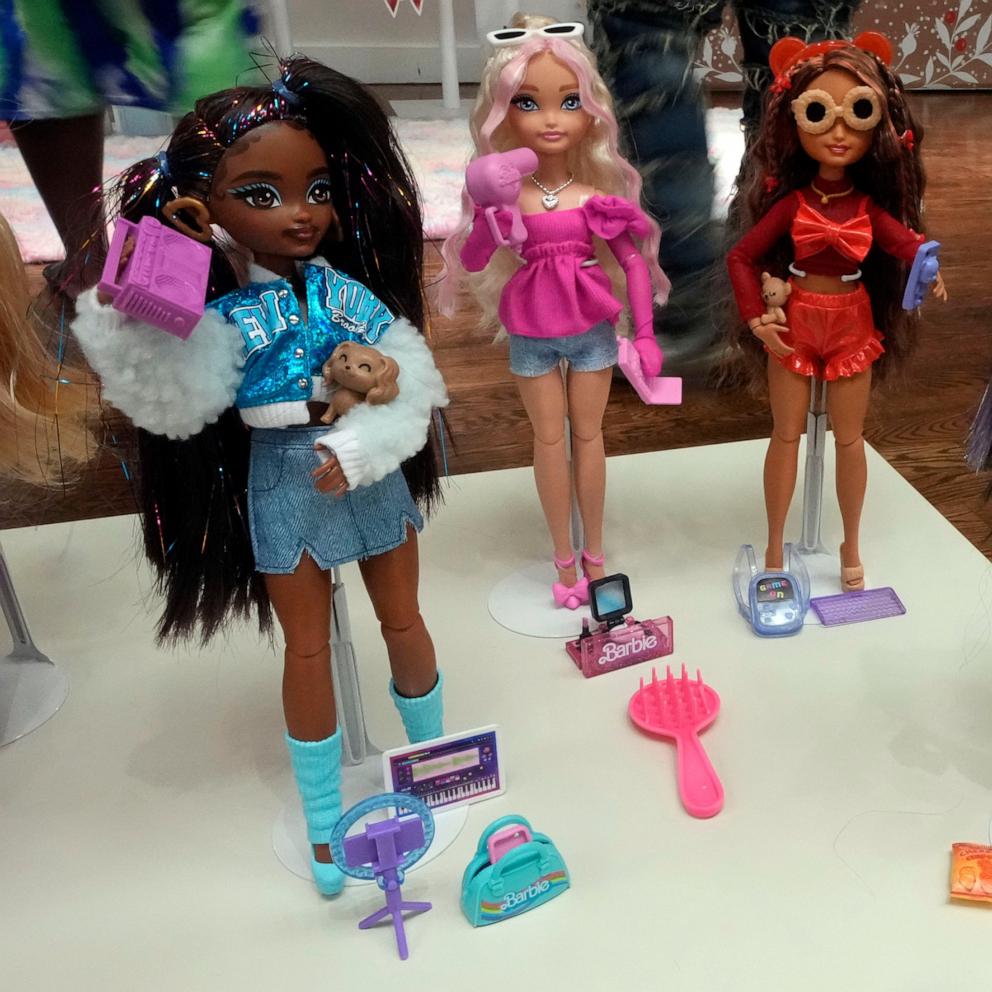Tips for choosing the right baby monitor from a pediatric nurse
Welcoming a baby into your home comes with many decisions, and selecting the right baby monitor is an important one.
Baby monitors provide reassurance but should be used thoughtfully to avoid unnecessary stress or reliance on technology over parenting instincts.
A baby monitor allows you to hear or see your baby while they sleep, offering peace of mind. However, it's essential to understand their limitations.
The American Academy of Pediatrics emphasizes that while some monitors track a baby's heart rate and oxygen levels, there is no evidence they prevent sudden infant death syndrome, or SIDS. In fact, they can sometimes lead to unnecessary anxiety or a false sense of security.
The AAP specifically advises against using home cardiorespiratory monitors "as a way to reduce the risk of SIDS."
"You can buy consumer wellness devices such as heart rate and pulse oximetry monitors. Some of these are wearable. But remember that there is no evidence that these devices, which don't have to meet the same requirements as medical devices, decrease SIDS risk," the organization states.
Parents can still use these monitors if they choose, but they should never replace safe sleep practices such as placing the baby on their back to sleep and keeping the crib free of soft bedding.
How to choose the right baby monitor for your family
Laura Hunter, LPN, mom of five, pediatric nurse, author and co-founder of Moms on Call, shared key insights with "Good Morning America" for parents selecting a baby monitor.
"When choosing a baby monitor, safety should always come first," Hunter said.
A secure connection is critical, with non-Wi-Fi options or strong encryption helping to prevent hacking, Hunter said. She also said parents with multiple children may benefit from a monitor that allows multiple cameras on one system.
While ultra-high-definition video is unnecessary, clear audio is essential to hear what truly matters. Some monitors also track room temperature, which can be helpful for maintaining an optimal sleep environment between 68-72 degrees Fahrenheit. Battery backup ensures continued use during power outages, Hunter said, and a reliable range is necessary for uninterrupted monitoring throughout the home.
Wi-Fi vs. non-Wi-Fi baby monitors
Wi-Fi monitors are convenient but come with security risks. Hunter advises parents to take these steps when choosing a Wi-Fi-enabled baby monitor:
- Use strong passwords and update them regularly.
- Enable two-factor authentication.
- Ensure your Wi-Fi network is secure.
- Turn off remote access when not in use.
Non-Wi-Fi monitors eliminate hacking concerns and function reliably without an internet connection, she added.
Are smart baby monitors actually helpful, or are they overhyped?
Some features of smart baby monitors such as temperature monitoring or movement alerts can be helpful, Hunter said, but many advanced functions may be more hype than necessity. Virtual monitoring services do not replace parental instincts, and AI-driven sleep tracking or biometric monitoring can be unreliable, particularly as babies start moving more. While certain data points can offer insight, safe sleep practices and consistent routines are far more reliable for ensuring a baby's well-being than any high-tech monitor.
Can baby monitors contribute to sleep-training difficulties?
"Baby monitors can help or hurt the sleep training process, depending on how they're used," Hunter said.
- Helpful: A monitor allows parents to confirm their baby is safe without unnecessary interventions. If you see that your baby is simply shifting and not in distress, you can give them time to self-settle, promoting better sleep habits.
- Harmful: Over-monitoring can lead parents to step in too soon at every minor movement or sound. Babies often need a few moments to find a comfortable position, and unnecessary interruptions can disrupt their ability to self-soothe and extend sleep cycles.
Using a monitor with a balanced approach -- checking in when needed but not over-monitoring -- can provide peace of mind without interfering with independent sleep habits.
Baby monitor bells and whistles
When it comes to the many "bells and whistles" available in baby monitors, not all features are worth the extra cost.
According to Hunter, the most valuable additions are those that enhance safety and convenience without creating unnecessary stress.
Room temperature monitoring can be beneficial for ensuring the sleep environment stays within the recommended range of 68-72 degrees Fahrenheit. At the same time, two-way talk functionality allows parents to soothe their baby without entering the room, which can be especially helpful during sleep training.
Night vision is another practical feature, providing a clear view of the baby without needing to turn on lights or disturb their sleep. However, extras like AI-driven sleep tracking, biometric monitoring, or virtual monitoring services often offer more data than is truly useful and can sometimes contribute to parental anxiety rather than alleviate it.
The best approach is to prioritize features that support peace of mind and daily ease while skipping those that encourage over-monitoring or unnecessary worry, Hunter said.
Choosing the right baby monitor for your family comes down to finding a balance between helpful features and peace of mind. While technology can provide reassurance, the most important tools for your baby’s safety and sleep are your instincts, a secure sleep environment and a little trust in the process.







